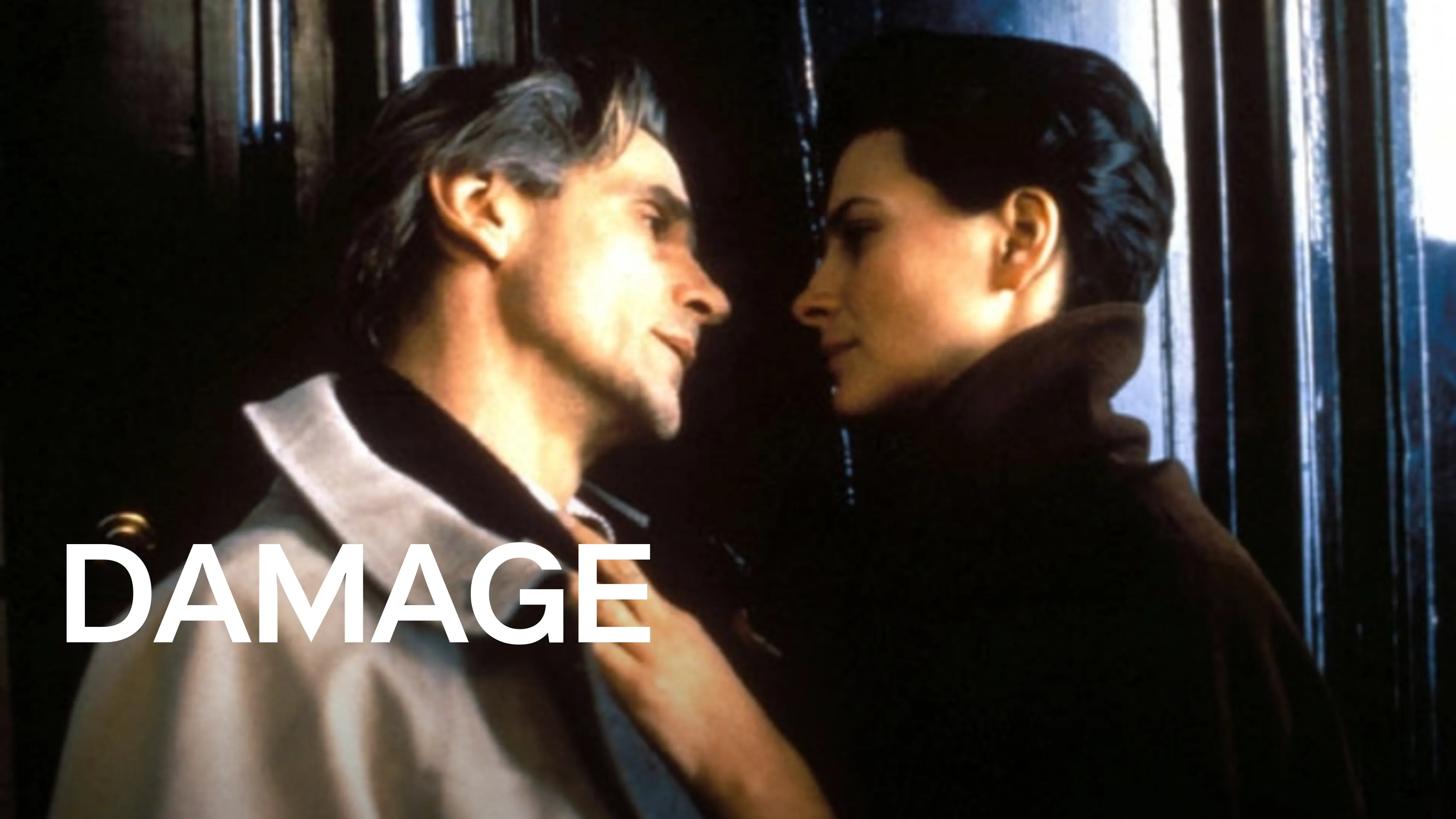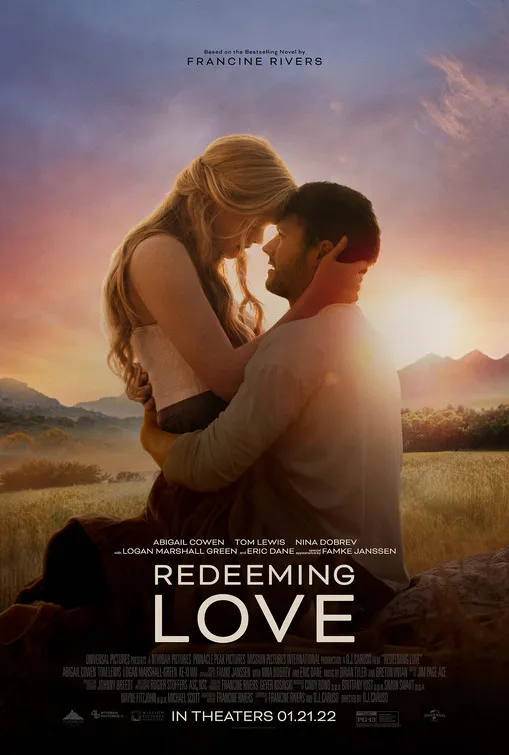Lonely Country (2024), directed by James Perry, is a short film set in rural Ontario during the 1950s, following Eugene, a closeted gay man who lives a solitary life in a small town. Eugene’s life takes an unexpected turn when he meets Jack, a young hitchhiker, at a gas station. Feeling an immediate connection, Eugene offers Jack a place to stay for the night, which leads to an increasingly intimate encounter between the two men.

The night takes a darker turn when Eugene, trying to share a kiss with Jack, is violently rejected. Jack, enraged by Eugene’s advances, attacks him and robs him of his belongings before fleeing the scene. Eugene is left battered and broken, and the next day, a neighbor finds him and takes him to their home to care for him, showing a moment of kindness amidst the trauma Eugene faces.

The film shifts to a later scene where Eugene is seen at his church, dressed in clerical robes, suggesting that despite the violence he endured, he returns to his role in the community, embodying resilience and a quiet strength. This return symbolizes his attempt to reassert himself in a world that may have rejected his true identity, but still requires him to fulfill his societal role.
Lonely Country explores themes of love, rejection, and the repression of desires, highlighting the struggles of queer individuals in rural environments during a time when such identities were heavily stigmatized. Eugene’s journey through pain and isolation captures the emotional depth of living as a closeted gay man in an unaccepting society.
Through this poignant narrative, the film also critiques the pressures of small-town life and the harsh realities of hiding one’s true self. By focusing on Eugene’s quiet, heartbreaking story, Lonely Country offers a glimpse into the complexities of rural queer identity and the emotional toll of societal rejection, while also providing a sense of hope and resilience in the face of adversity.



